Home
Take part to the Matera 3019 workshops with La Scuola Open Source
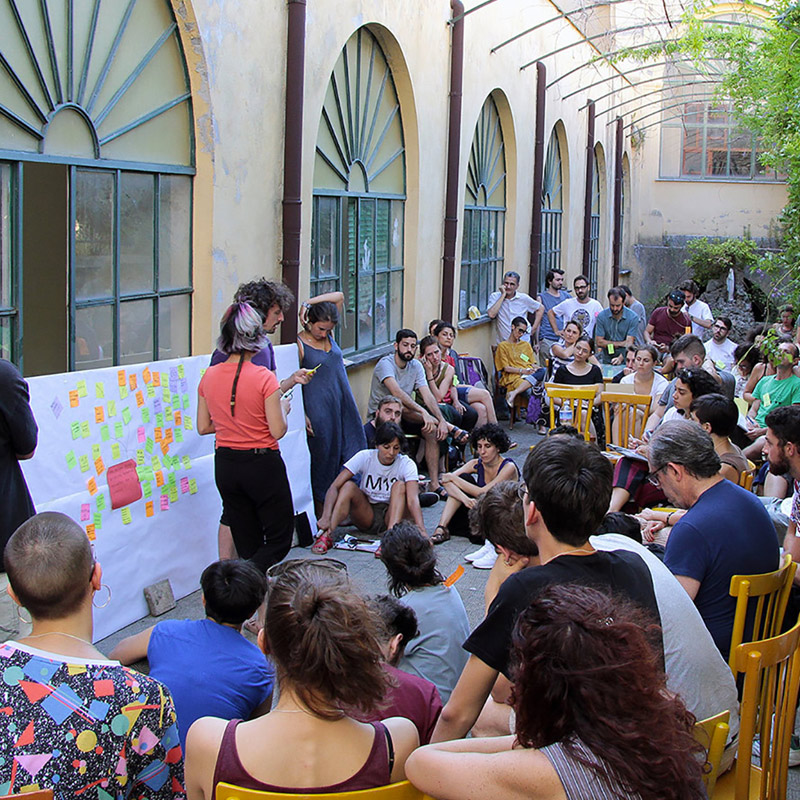
Update 5 December 2019
The list of selected participants has been published.
Update 27 November 2019
The deadline to send your application has been extended to 11.59 pm of 30 November 2019. The list of selected participants will be published on the workshop website by 1 December.
We planned two different workshop activities for Matera 3019, the project that closes and reopens Matera 2019: with Teatro delle Forche, involving girls and boys, we will cross Matera envisioning the possible futures; with La Scuola Open Source and Open Design School we will work on a digital tool capable of enabling conversations to build new tomorrows.
It is an opportunity to reflect, summarize, to have a vision and understand what happened and launch proposals on the cities we crave.
The project XYZ2019 with La Scuola Open Source includes a digital platform (website), a process of community development, networking and animation of the same, for the following purposes:
- collect, measure, systematize and enhance what was done during Matera 2019 (events, reports, contents, ideas, etc.);
- connecting all the people who participated in the activities, promoting self-organization and collaboration;
- build a digital platform that effectively enables independent cultural production.
Participation is free and open to all those interested in taking part in the process, coming from any professional / academic background.
Participants will be selected based on their own motivation and experience (formal or informal). The workshop will be held at the Open Design School; the laboratory activities are concentrated in the days between the 7th and 15th of December.
To join XYZ2019 lab you must fill in the following application form by 11.59 pm of 22 November 2019. The list of selected participants will be published on the workshop website by 22 November.
Applications require a motivational letter and a résumé (a short self-presentation with a list of your experiences). You can also attach a portfolio. To know more about the call and to send your application click here.
The Routes
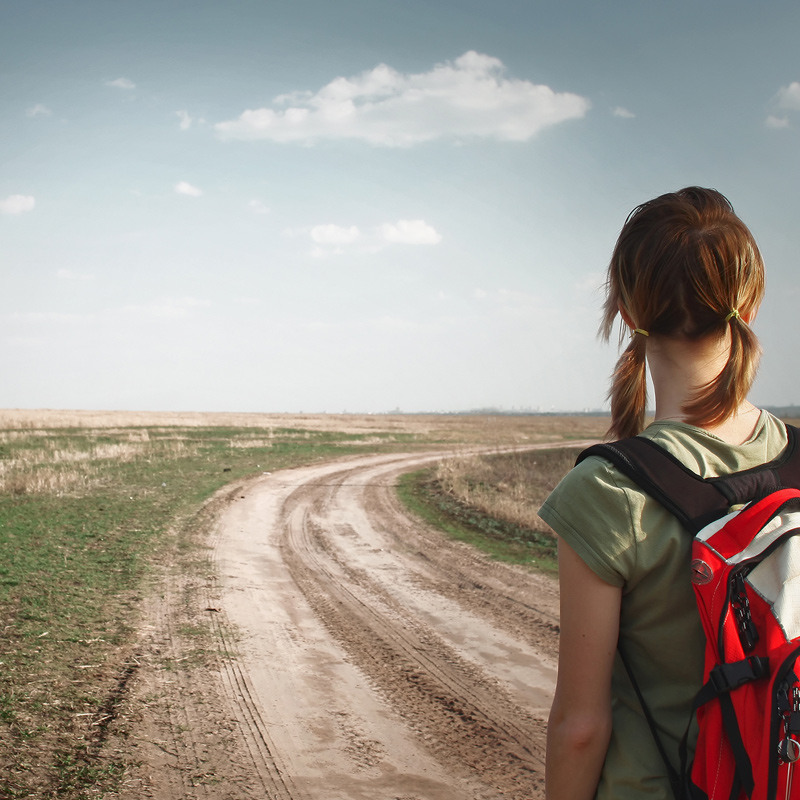
- Project Leader/Coproduzione/Ecc.:
Co-produced by
Parco Culturale Ecclesiale "Terre di luce" APSluce" APS - Immagine progetto:
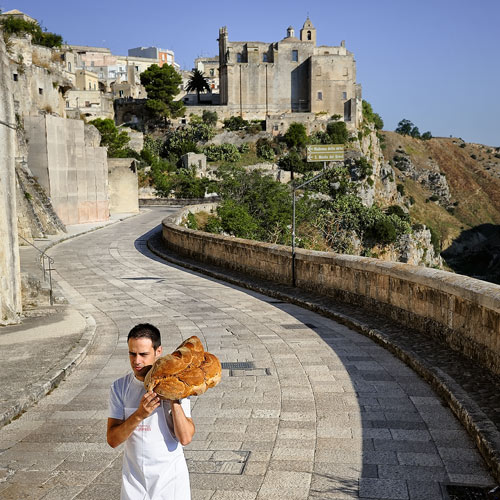
- Facebook:
- Twitter:
- Instagram:
- Project Partners:
Matera-Irsina Archdiocese
Potenza-Muro lucano-Marsico nuovo Archdiocese
Acerenza Archdiocese
Melfi-Venosa-Rapolla Diocese
Tricarico Diocese
Tursi-Lagonegro Diocese
- Evento:
- Campo aggiuntivo 5:
With the patronage of:
National Office for Social Communications of the Italian Bishops'
Conference
Pontificio Consiglio per la Cultura (The Pontifical Council of Culture)
Worship, spiritual research, taking care of oneself and stewardship of creation: there are so many reasons for a pilgrimage. Particularly to Matera, where Mary is La Bruna for everyone and the patron saints are a tangible presence, animating religious celebrations and services.
Thauma - Atlas of Gesture: beyond function, to the nature of the gesture
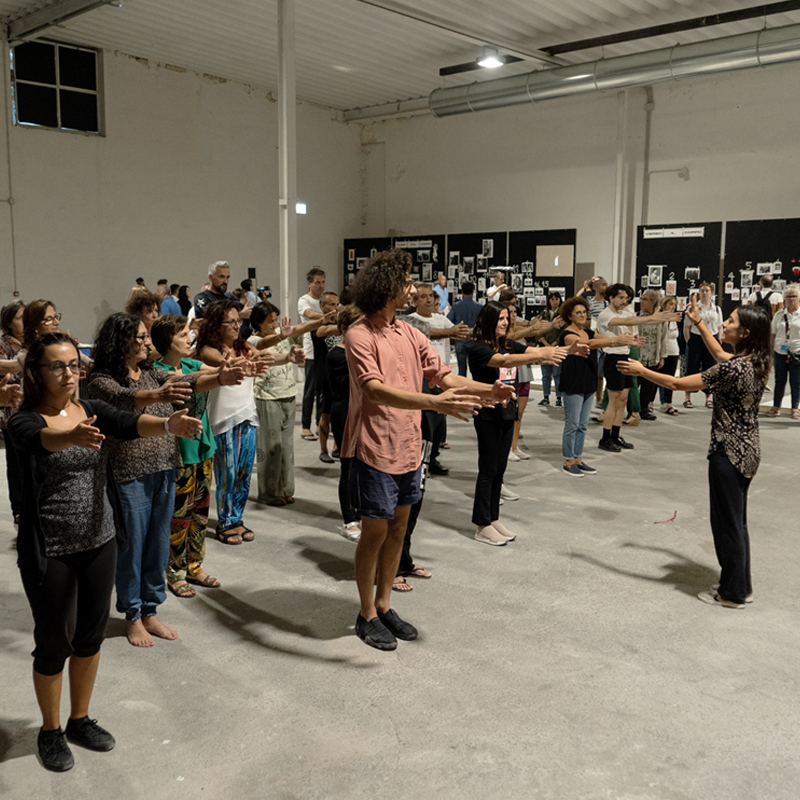
A new philosophy linked to gesture filled the month of September. Thanks to Virgilio Sieni's workshops, developed for the project Thauma - Atlas of Gesture, dozens of citizens have been able to rediscover, reinterpret and give new dignity to ancient gestures perceived up to now as mere complements to an action, to another goal.
The re-elaboration, slow pace and reflection have allowed those who have tried their hand in the spaces of I-DEA or in those of the Teatro Quaroni in La Martella (reopened for the occasion) the possibility of rethinking the gesture and understanding its deeper nature, through an exploration of one's most intimate self.
That was the case, with perhaps the most emotionally powerful workshop 'Agorà Mothers and Children'. A workshop that turned out, in the final performance, to be a profound sublimation of pregnancy and its final moment, birth. Letting bodies and expressions speak, six mother and child pairs explored their relationship, in its more physical, sensorial aspects, linked to that memory of the body that is sometimes drowned out by everyday life. A way to talk about oneself and tell the story of an unbreakable bond that is consolidated by taking care of the child but is rooted in the animalistic nature of procreation.
With the workshops 'Frontier Dances' and 'Officina Tattile', citizens have denied the gesture of its function to reflect on its nature. Ancient gestures, repeated for centuries and then forgotten, have rediscovered their own dignity, by disconnecting them from the work of the land. Action is thus perceived independently, leaving bodies a new awareness, "giving the gesture more weight than if it were done thoughtlessly" says one of the participants enthusiastically.
Another citizen, Vittoria, who took part in the Teatro Quaroni workshops, reveals the profound meaning of her experience with Virgilio Sieni. "Thinking of the gesture" - she affirms - "as a moment of communication, not of imitation, through an expressiveness that makes it more direct, more effective - in some ways unfiltered".
The Poetry of Primes
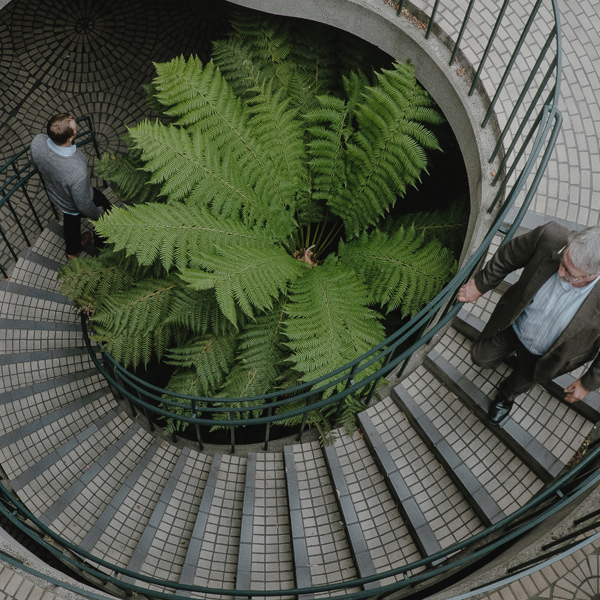
- Project Leader/Coproduzione/Ecc.:
Co-produced by
Polo Museale della Basilicata - Immagine progetto:

- Immagine condivisione Facebook:
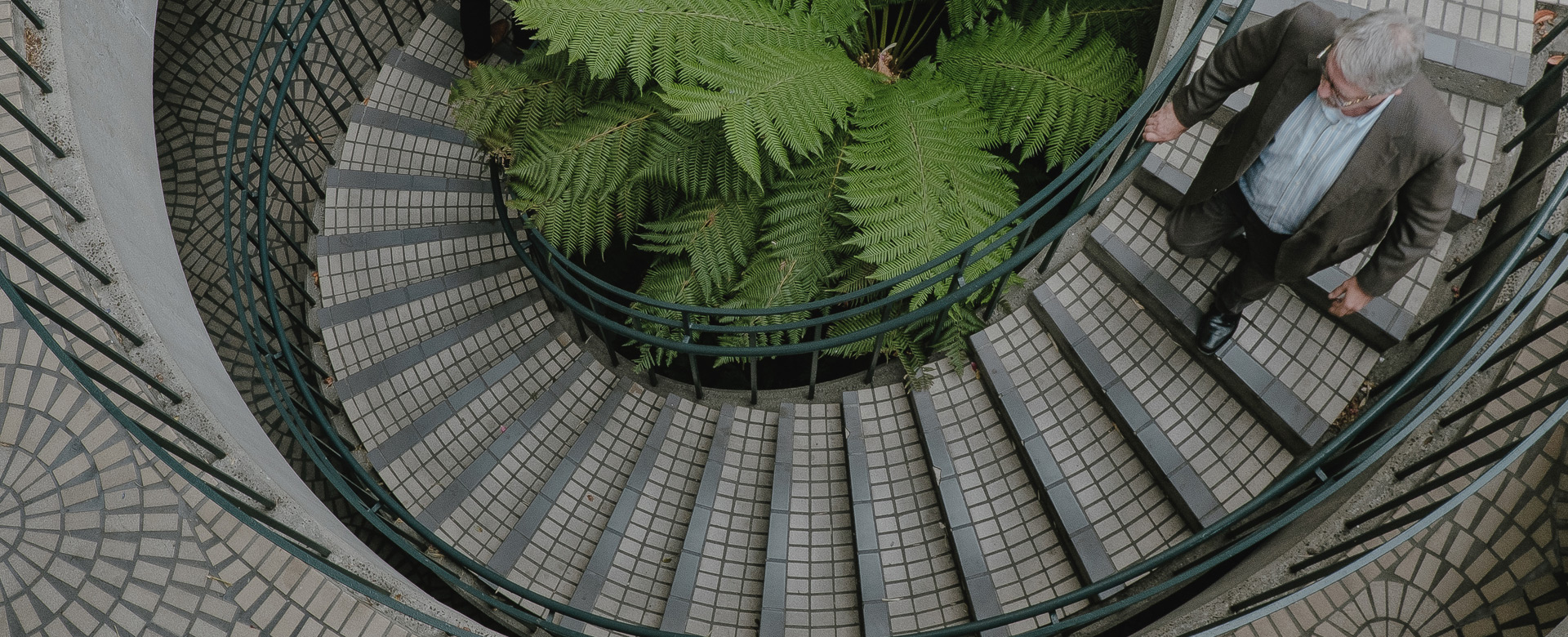
- Sponsor:
Sponsor tecnico: Coldiretti Basilicata
- Evento:
- Campo aggiuntivo 5:
Scientific Director:
Piergiorgio Odifreddi
'We are a divine race and possess creative power', wrote the great mathematician Richard Dedekind in a letter in 1888. The atmosphere of excitement and euphoria combined with spiritual and intellectual audacity that only ingenious mathematical thought can create is the same process that will fire the imagination in Matera and Metaponto from June to November 2019.






